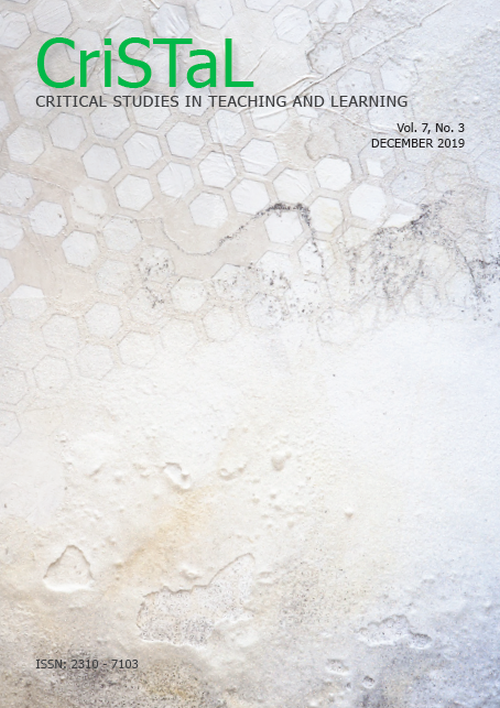 Critical Studies in Teaching and Learning
Critical Studies in Teaching and Learning
Journal / Critical Studies in Teaching and Learning /
Vol. 7 No. 2 (2019): December / Articles
This study uncovers a previously underappreciated role of the social experience of university in shaping undergraduates’ civic identities. A multidisciplinary theoretical approach to citizenship is used to understand an individual’s attempts to negotiate meaning along with a qualitative methodology that allowed students a voice in the data collection and analysis. The findings show that some of the most formative experiences in a student’s civic identity is their interaction with peers and friends in a diverse student community. There is also a strong influence of a culture of performativity and credentialism on students’ attitudes to learning about citizenship. Both combine in a ‘synthetic civic identity’ shaped by a mixed environment of more open-minded civic norms and an instrumental and individualist outlook towards studies. There were varying degrees of critical awareness or reflexivity around these processes. This hybrid form of civic identity stimulates and challenges current narratives of tension in higher education.
Journal Identifiers
eISSN: 2310-7103






